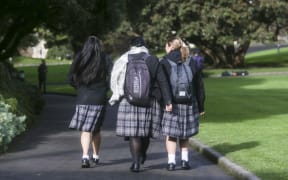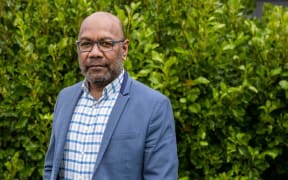"We are exhausted," says Oropi School principal Andrew King as he describes how staff are faring whilst managing Covid-19 cases in the school.
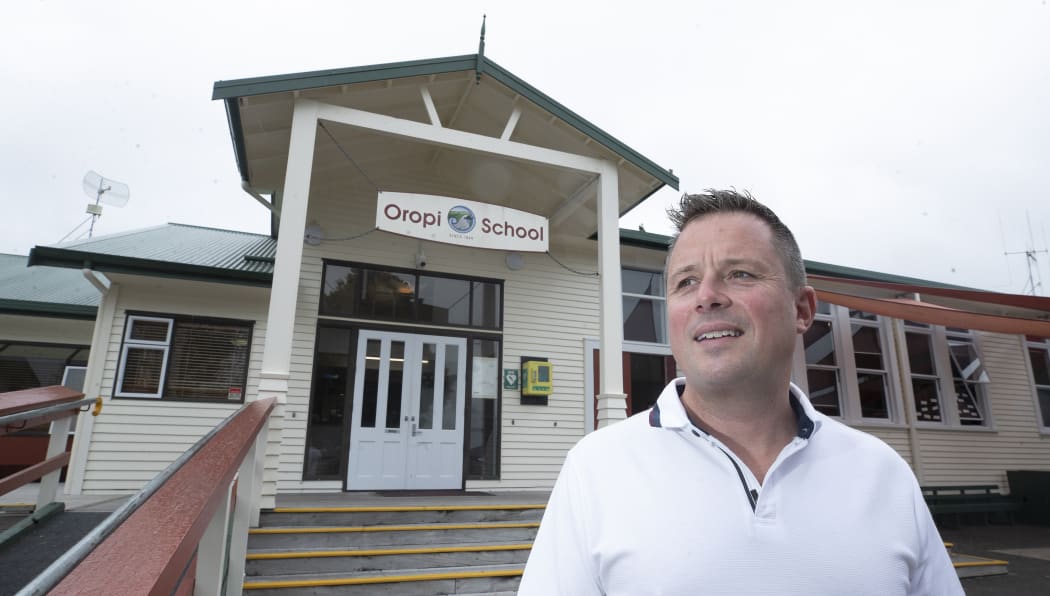
Oropi School principal Andrew King. Photo: John Borren via LDR
This is no surprise, with 53 percent of schools in Bay of Plenty reporting positive Covid-19 cases in the last 10 days, according to Ministry of Education data released Monday.
A week ago this number was only 19 percent.
"So much has changed in a week," King said. "I'm at the point of questioning, 'How long can we sustain this level of at school learning with this impact?'."
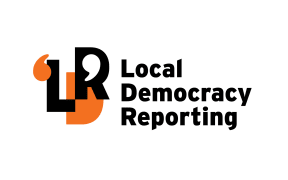
Out of the 340 students enrolled at the school, only 150 were learning on site. Six staff, including himself, and 75 students were isolating or had Covid-19.
For the Year 1 to 8 school, this meant teachers were providing a mix of classroom, at home and online learning.
The two new entrants' classes were closed until 21 March because both teachers for the classes were away, he said.
"For little kids to have a different reliever every day is not good for them, in terms of their wellbeing and when they had only been at school for a few weeks."
He said they were using relief teachers where possible but the "reliever pool was drying up rapidly" and they were using part-time teachers from other programmes, in the classroom.
"It's now starting to have an impact on all the other programmes we offer and relief the teachers get."
It was "pretty taxing" on staff, King said.
"We are tired and exhausted with it, but you just have to carry on and adapt."
The Western Bay of Plenty secondary schools Local Democracy Reporting spoke to said online learning was part of their plan for managing Covid-19.
Tauranga Girls College principal Tara Kanji said the key for the school was that students' learning was not interrupted anymore than it needed to be.
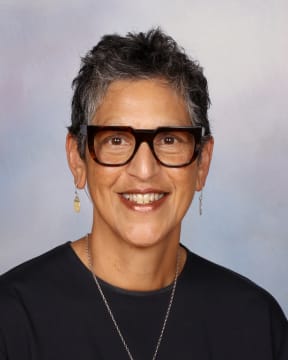
Tauranga Girls College principal Tara Kanji. Photo: Supplied
There were many students away with Covid-19 or isolating as a household contact, she said.
"We have a contingency plan which outlines who is remote learning and what would trigger that should we have a staffing shortage or minimum health and safety needs couldn't be met," Kanji said.
"Fortunately, we only needed to use this for a few days and this was some time ago now.
"The current environment is very dynamic and fluid and our ability to respond is something we feel we are doing well."
Te Puke High School moved the entire school to online learning at the start of last week and on site learning resumed yesterday.
Principal Alan Liddle said they tried to have students and teachers work on site as much possible and those that needed to isolate would do so as per the Ministry of Health requirements.
Pāpāmoa College acting principal Pere Durie said there had been Covid-19 cases in the school for the past two weeks.
In terms of the impact of Covid-19 and isolation on teaching capabilities, Durie said: "For now we have been managing with our regular relievers helping to fill gaps".
"A number of staff had been in isolation, but we are fortunate that many would return soon from their 10-day isolation.
"Hopefully that would mean we can continue to have an adequate number of staff available for learning on site."
Managing cases among students involved regular communication with the community and every class was set up to provide online learning at the start of the school year, he said.
King said the Oropi School community was "very understanding" of the changing situation.
"Everyone just accepts it is what it is," he said.
"It's not time for disagreeing over how things are done because we're inventing things as we go.
"It's nothing like lockdown days, it's harder, much harder."
Kanji agreed: "I must admit, it isn't easy and I don't think any principal out there is enjoying being a Covid managing one".
"It's really relentless and the rules keep changing to reflect the changing situation in NZ," she said.
Local Democracy Reporting is Public Interest Journalism funded through NZ On Air


